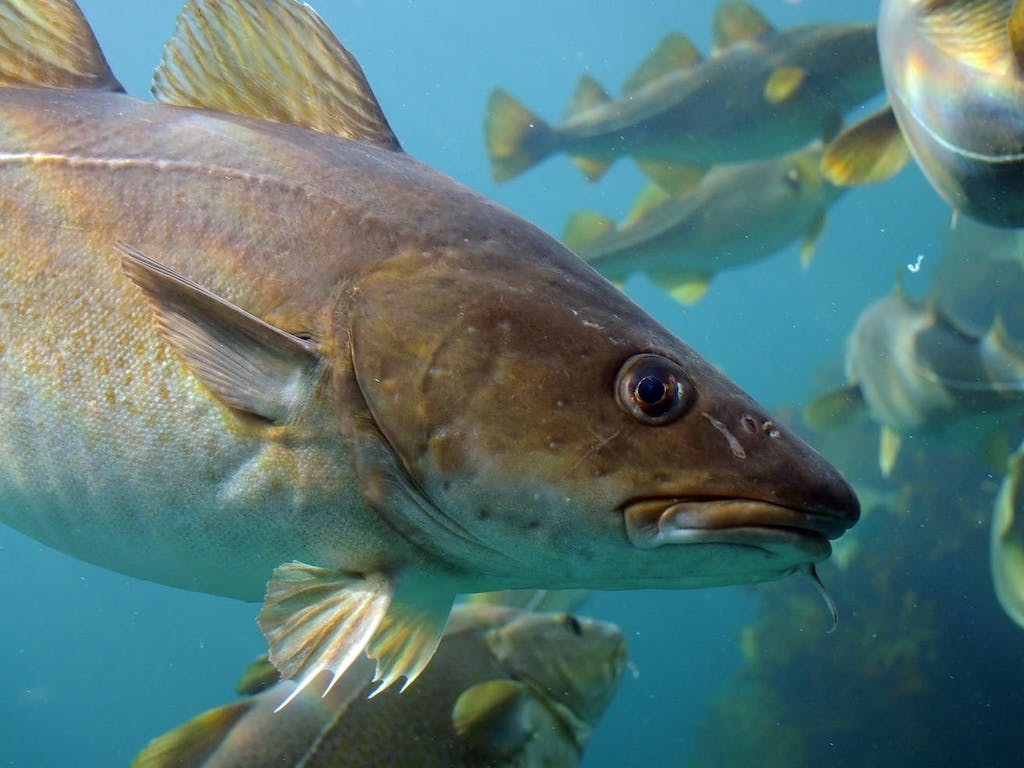2 Mins Read
A new study reveals that climate change will impact fish species far more than previously thought. Finding that embryos and spawning adults are more susceptible to warming ocean temperatures, researchers say that if global heating continues unabated, by 2100, up to 60% of fish species around the world will be unable to survive. Even if the world manages to limit temperature rise to the Paris Agreement’s goal of 1.5 °C, it would be too hot for 10% of fish species.
Using observational, experimental and phylogenetic data to assess thermal tolerance levels of almost 700 marine and freshwater species from all climate zones, researchers found that in the worst-case scenario of 5°C of global warming, as many as 60% of global fish species will struggle to survive by 2100.
The study, published in Science Magazine, calculated these figures after data showed that spawning adults and embryos consistently have narrower tolerance ranges than larvae and nonreproductive adults, making them more vulnerable to temperature rise. Compared to the 27.5°C average range tolerance for adults, spawning adults and embryos are only able to cope with an average range of 7.2°C and 8.4°C respectively.
The main reason why spawners are unable to cope with hotter ocean temperatures is due to their higher oxygen requirements. Oxygen is more soluble in cold temperatures.
Even if the world manages to meet the Paris Agreement goal of limiting temperature rise to 1.5°C, the researchers concluded that the oceans would still be too hot for 10% of fish species to cope.
It reveals that fish species will be affected by climate change more than previously thought, with prior studies suggesting that just 5% of fish species would struggle to survive with 5°C of global warming. The latest figures are considered more accurate because they are not based on the analysis of adult fish alone, but considers the range of life stages, from spawning and non-spawning adults, larvae and embryos.
“We can say 1.5°C is not paradise, there will be changes.” said Hans-Otto Pörtner at the Alfred Wegener Institute in Germany, a researcher involved in the study. “But we can limit those changes if we manage to stop climate change.”
Among the species that the authors of the paper highlighted were most at risk include some of the most commercially valued fish species, such as Atlantic cod, sockeye salmon and Alaska pollock.
Aside from climate change, fish species are already under overwhelming pressure due to overfishing as the demand for seafood continues to rise. Experts have estimated that with the current rate of overfishing, we could be looking at no fish left by as soon as 2050 – just three decades on from now.
The study is yet another alarm bell calling for government leaders to take urgent action on climate change, which will not only have an impact on the land, air and more frequent and volatile weather patterns, but also the biodiversity of the ocean.
Lead image courtesy of Joachim Muller via TalkingFish.org.




